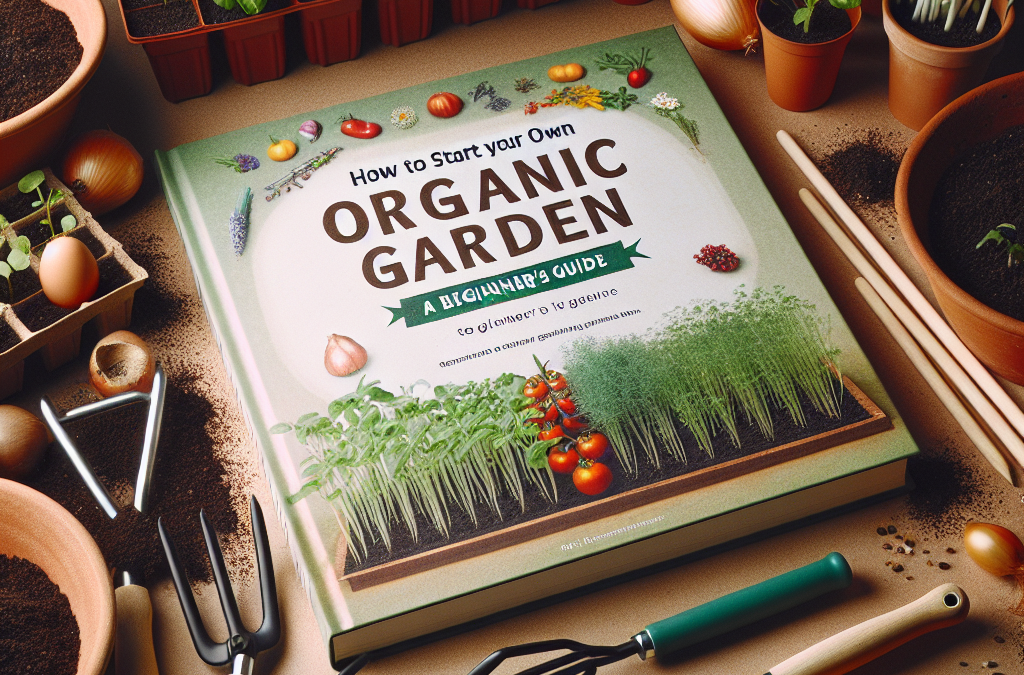Are you ready to start your own organic garden? If so, then this beginner’s guide is just what you need. Organic gardening has become increasingly popular in recent years as more people are looking for ways to grow their own fresh produce without the use of synthetic chemicals and pesticides. In this article, we will cover everything you need to know about how to start your own organic garden.
Organic Gardening: An Introduction
Organic gardening involves growing plants using natural methods that do not involve the use of synthetic fertilizers or pesticides. Instead, organic gardeners rely on compost, crop rotation, companion planting, and other sustainable practices to keep their gardens healthy and productive. By choosing organic gardening, you can enjoy a wide range of benefits including better tasting fruits and vegetables, improved soil quality, reduced water usage, and fewer environmental impacts.
Choosing the Right Plants and Seeds
One of the first steps in starting an organic garden is selecting the right plants and seeds. When choosing which crops to grow, consider factors such as climate, seasonality, and personal preference. Some common vegetables that are easy to grow include tomatoes, lettuce, spinach, radishes, and carrots. Once you have selected your desired crops, choose high-quality organic seeds from reputable sources. It’s also important to read up on each specific crop’s growing requirements, such as sunlight exposure, water needs, and spacing recommendations.
Preparing Your Soil for Planting
The next step in starting an organic garden is preparing your soil for planting. Healthy soil is essential for growing healthy plants, so it’s crucial to take the time to prepare your soil properly. Start by removing any existing weeds or debris from your garden bed. Then, add a layer of compost to enrich the soil with nutrients and improve its structure. You may also want to mix in some organic matter like shredded leaves or grass clippings to further enhance the soil’s texture. Finally, rake the soil smooth and create rows or beds for your plants.
Maintaining an Organic Garden
Once your plants are established, there are several things you can do to maintain your organic garden. One key practice is regular watering. However, be careful not to overwater, as this can lead to root rot and other problems. Another important aspect of maintenance is keeping an eye out for pests and diseases. Natural remedies like neem oil or garlic spray can help deter pests while promoting overall plant health. Additionally, pruning and trimming can help encourage bushier growth and prevent disease spread.
Harvesting Your Crops
Finally, after all your hard work, comes the reward – harvesting your crops! Depending on the type of crop, you may begin seeing fruit within weeks or months. Be sure to pick your produce at peak ripeness to ensure maximum flavor and nutrition. With proper care and attention, your organic garden can provide you with a steady supply of delicious, fresh produce throughout the year.
In conclusion, starting an organic garden doesn’t have to be difficult or intimidating. By following these simple steps and staying committed to sustainable practices, anyone can create a thriving and beautiful organic garden.





